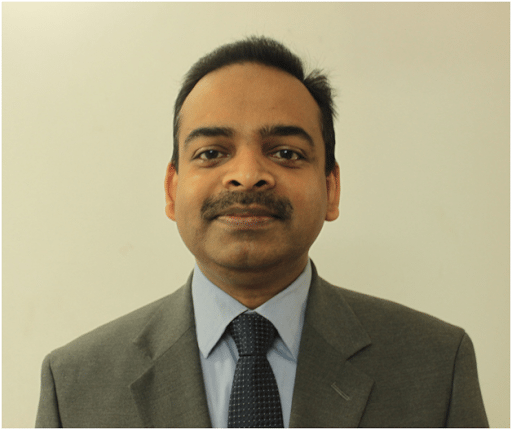With Indian Prime Minister Narendra Modi announcing that as many as 60 cities would be turned into smart ones, there has been increased anticipation amongst the engineering/development community with respect to coming out with solutions for smart cities.
Not only engineers, but even the general public is anxious to witness at least a handful of smart cities by the time the next general elections are announced in 2019.
Now, with smart city solutions being the criteria, Rahul R, Electronics For You, spoke to Shajee Kozhukkunnon (Senior Regional Manager at Moxa India Industrial Networking Pvt Ltd) over a brief interaction during the recently concluded India Electronics Week (IEW 2017) to understand engineering of IoT and the practicality of smart cities (and even smart villages) in India.
Q. Speaking about Smart Cities, which among the current metropolitan lot do you see fitting the bill as far as connectivity and IoT innovation is concerned?

A. None of the cities in India qualifies as a complete smart city as of today. But a lot of them are marching ahead towards it. If you ask me to select one front runner, I will choose Jaipur, considering their initiatives and awareness amongst the masses.
Q. What is one fundamental requirement for a smart city?
A. The fundamental requirement of any smart city is the availability and reliability of connectivity. As the connectivity/networking is moving out of the air-conditioned cabins of IT/ITes Companies to common man to make life easier, the need for devices sustaining within the tough outdoor environment has often been neglected.
These outdoor environmental conditions are tougher than typical industrial environment; say like in a factory; considering the varied climatic condition in terms of temperature, humidity, dust, and power fluctuations in India.
This is a real concern to be addressed, and the good thing is that most of the consultants have realised this and are beginning to see their recommendations in the recent past take shape as far as ‘Industrial’ grade solutions for smart cities is concerned.
Q. How should IoT engineering take place in a smart city?
A. Implementation is the most important thing. IoT implementation should make life easier for people and improve productivity of existing systems. This should begin by addressing the basic necessities of people.
Water distribution is one such thing; which would be a major concern for all Indian cities soon and it would also affect the larger society in some way or the other.
Saving precious water from draining out of the system is already a major concern for authorities and some of the city administrations have initiated IoT implementation to effectively curb this. We at Moxa already have specific solutions for remote water management with IoT.
Q. Finally, like Smart Cities, how do you view Smart Villages?
A. I think that Smart Villages would not be as practical as Smart Cities. This is because of the commercial viability aspects. Even though the government is doing its bit in propagating smart concepts across villages, the adaption rate and awareness levels are still very low.
Educating people would be comparatively easier, but making people adapt smart solutions in villages is still too tough and far away.





